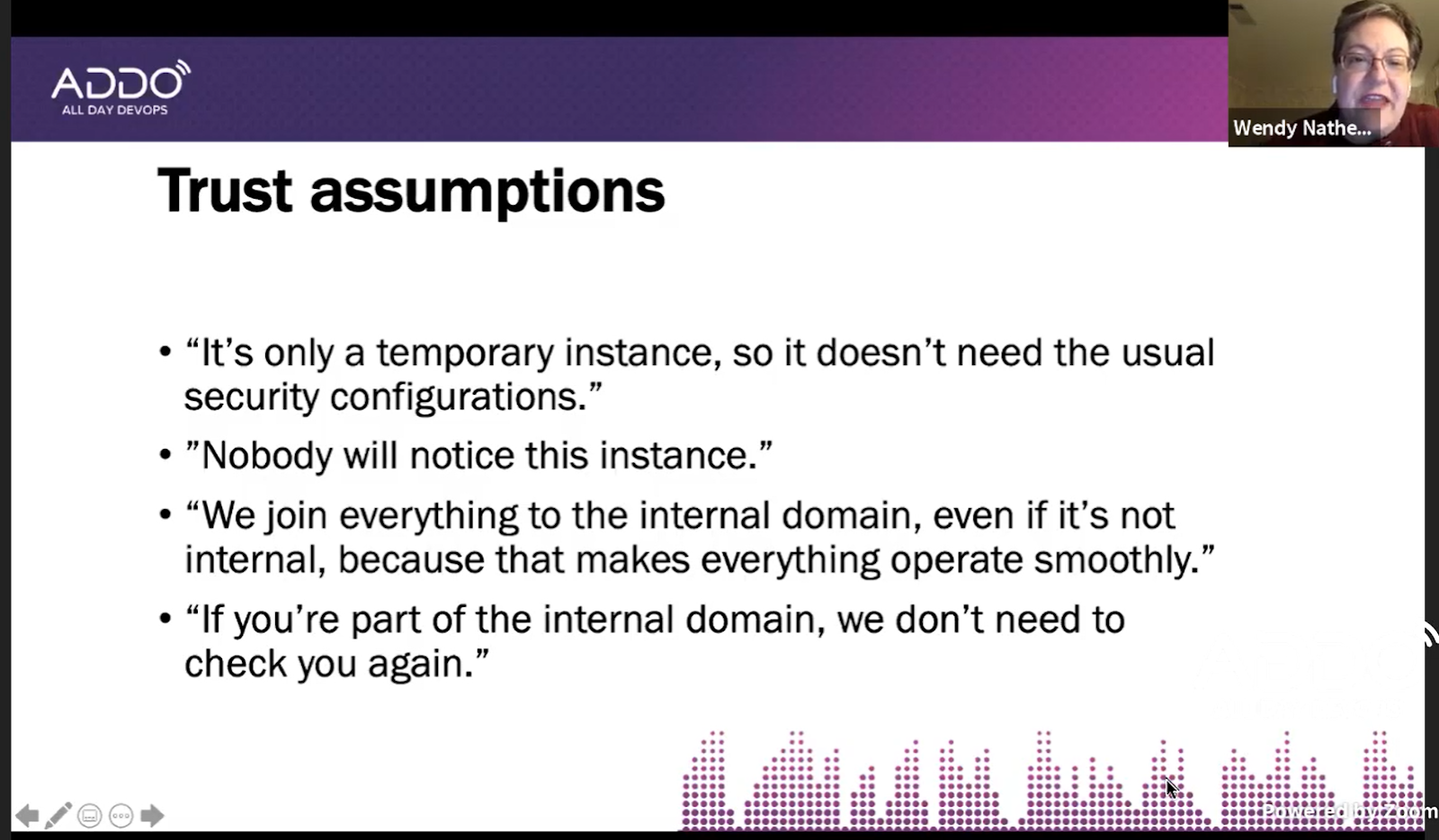131 private links
So you want to learn how to secure WordPress. Congratulations! You are in good company and this post will show you all the right steps!
Empire lists the 100 greatest film characters as voted by the readers. From Die Hard to Harry Potter, we bring you the people you love.
In my previous seven articles in this series about systemd, and especially in the most recent article, time and date have come up in multiple contexts. systemd uses calendar time, specifying one or more moments in time to trigger events (such as a backup program), as well as timestamped entries in the journal. It can also use timespans, which define the amount of time between two events but are not directly tied to specific calendar times.
The truth about chess playing and intelligence.
Do you actually use algorithms and data structures on your day to day job? I've noticed a growing trend of people assuming algorithms are pointless questions that are asked by tech companies purely as an arbitrary measure. I hear more people complain about how all of this is a purely academic exercise. This notion was definitely popularized after Max Howell, the author of Homebrew, posted his Google interview experience:
Google: 90% of our engineers use the software you wrote (Homebrew), but you can’t invert a binary tree on a whiteboard so fuck off.
A complete guide about Tauon amazing music player for Linux. We wiil go through its features and learn how to install it in Linux distros
We’re excited to announce the release of Teleport 4.3 - new UI, API driven, expanded audit capabilities, and still open source.
Having access to source code makes it possible to analyze the security and safety of applications. But if nobody actually looks at the code, the issues won’t get caught, and even when people are actively looking at code, there’s usually quite a lot to look at. Fortunately, GitHub has an active security team, and recently, they revealed a Trojan that had been committed into several Git repositories, having snuck past even the repo owners.
qrcp is a command line tool to transfer files from a desktop to a mobile device (and the other way around) over Wi-Fi, by scanning a QR code. It's available for Microsoft Windows, macOS and Linux.

Short walk through Vim's origins and why is Vim so popular today.

This is going to be a pretty quick post – I found out about entr relatively recently and I felt like WHY DID NOBODY TELL ME ABOUT THIS BEFORE?!?! So I’m telling you about it in case you’re in the same boat as I was.
There’s a great explanation of the tool with lots of examples on entr’s website.
The summary is in the headline: entr is a command line tool that lets you run a arbitrary command every time you change any of a set of specified files.
Here are five great tips and tricks for the Bash shell that you can use at your Linux terminal today.
Learn how to use the Logistic Regression model to classify unseen data.

Maersk is the world’s largest integrated shipping and container logistics company. I was massively privileged (no pun intended) to be their Identity & Access Management (IAM) Subject Matter Expert (SME), and later IAM Service Owner. Along with tens (if not hundreds) of others, I played a role in the recovery and cybersecurity response to the […]

Applications to run at the command line.
With zero trust, you assume everything on the network is unsafe. You have to check trust explicitly. This stance improves security throughout the SDLC.

Just took note of this tool, although I didn't try it out and I would be rather scared of a script that goes through my mailbox and deletes things...
